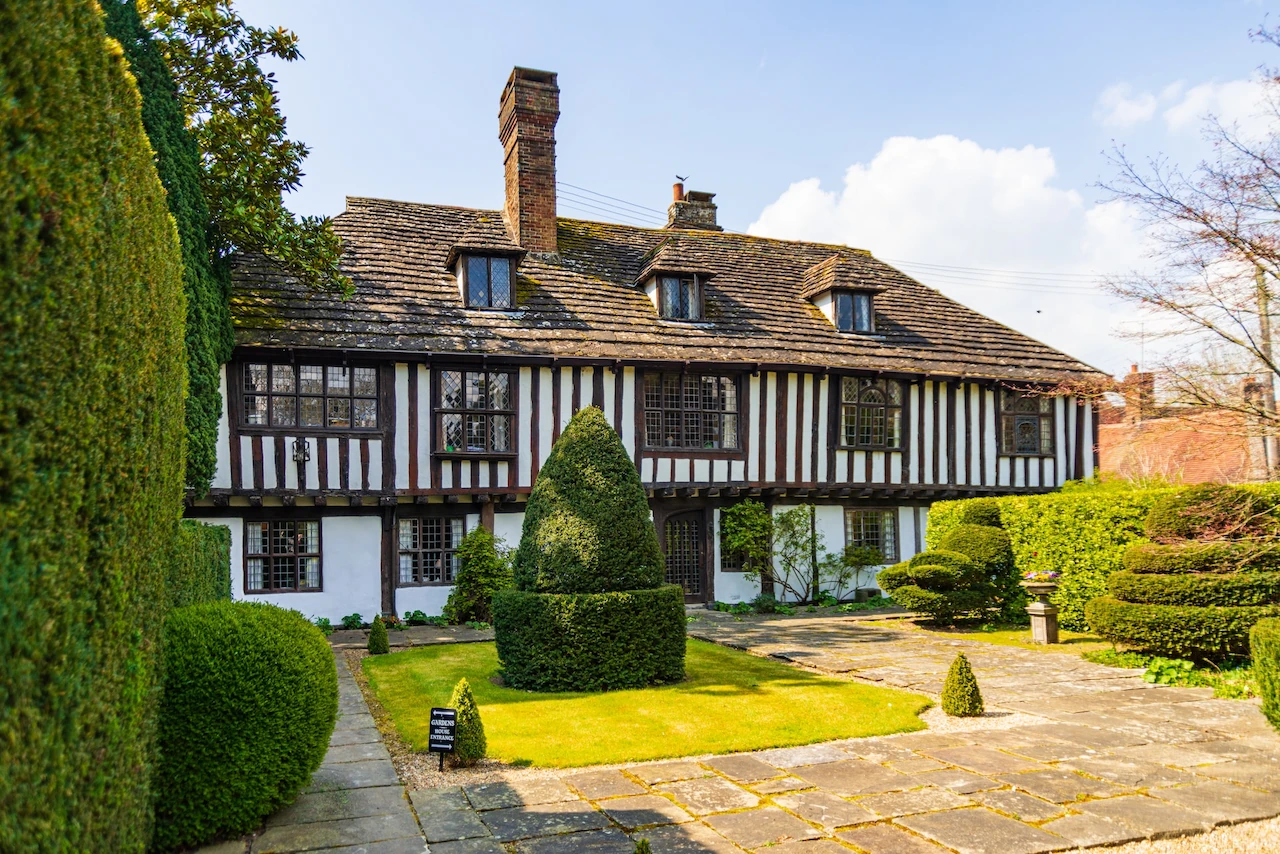

Question: How Do I Find the Best Fixer Upper?
Answer: To find the best fixer-upper, research neighborhoods with potential, look for properties with good bones and structural integrity, consider the scope of renovations needed, assess the resale value after improvements, and work with a real estate agent specializing in distressed properties.
Finding Your Ideal Fixer Upper
Are you considering buying a fixer-upper? Many homeowners find these properties appealing. However, consider several key factors. Fixing up a home can be rewarding. It also involves significant expense and time. Before you commit, understand the commitment involved. Here are essential aspects to evaluate when viewing a potential fixer-upper.
The Benefits of Buying a Fixer-Upper
Buying a fixer-upper offers numerous advantages. These benefits particularly apply if you plan to live in the home long-term. You gain the opportunity to customize the home. Tailor it to your specific taste and needs. You can also save money. Fixer-uppers often cost less than brand-new homes. You complete much of the work yourself. Additionally, you build equity in your home as you improve it. This makes future sales easier if you decide to move. Of course, challenges come with renovating a home. But if you prepare for the work, it provides a great way to achieve your ideal home. You shape the space exactly as you desire.
Click here for more info on how much your home is worth
Related Article: What Increases Home Value the Most?
Related Article: What are Some Upgrades and Renovations That Add Value to Your Home?
How to Know if a Fixer-Upper is Right for You
Home renovation shows inspire many. More people consider buying fixer-uppers. Before tearing down walls, ask yourself key questions. Is a fixer-upper the right choice for you? Here are a few things to consider:
-
Are you prepared for the cost?
Factor in materials, permits, and labor. Can you truly afford a fixer-upper? -
Do you have the time?
Renovating a home takes time. This is especially true if you do it yourself. If you cannot devote weekends and evenings, a fixer-upper might not suit you. -
Are you up for the challenge?
Not everyone enjoys renovating a home. But if you find satisfaction in completing projects, a fixer-upper could be perfect. Just know it involves considerable work!
Only you determine if a fixer-upper suits you. By asking these questions, you make an informed decision. This ensures the property aligns with your needs.
What to Look for When Viewing a Fixer-Upper
When considering a fixer-upper, assess several critical aspects. First, examine the structure’s condition. Is the foundation sound? Are the walls straight? Does the roof look good? Answer these questions before proceeding. Additionally, consider repair costs. Can you afford all necessary repairs? Will you need a loan? Finally, evaluate your own skills. Do you possess the knowledge and experience for repairs? If not, are you willing to learn? Accounting for these factors helps you decide if a fixer-upper is right for you.
Estimating the Cost of Repairs
Accurate repair cost estimates are crucial. This applies to both homeowners and contractors. As a homeowner, you need to budget for problems. Contractors must provide accurate project totals. Estimating repair costs is not an exact science. Many factors influence the final price tag. But with knowledge, you can develop a good idea of repair costs. Here’s a brief overview of main factors:
-
Labor costs
: This often represents the largest expense. Work type and hours required significantly impact labor costs. -
Materials
: Material costs vary based on repair size. Fixing a small drywall hole costs less than replacing a damaged wall section. -
Equipment
: Some repairs demand special tools or equipment. These can increase costs. For example, a clogged drain might require a rented power auger. -
Permits
: Depending on the repair, you may need government permits. These permits add to the overall project cost.
You now understand main factors affecting repair costs. Begin estimating. First, assess the repair’s scope. Once you grasp what needs doing, research labor costs and material prices locally. With this information, you develop a fairly accurate estimate. This helps you understand the cost to fix your problem.
The Importance of Getting a Home Inspection Before Making an Offer
Before making a home offer, arrange a professional inspection. This ensures the home is in good condition. It identifies any potential problems. The inspector checks for structural issues, water damage, termites, and other pests. They also test electrical systems and plumbing. In some cases, the inspection reveals significant repair needs. In such situations, walking away is often best. However, even if no major problems surface, the inspection helps negotiate a lower price. Ultimately, a professional home inspection saves you considerable time and money. It’s a wise investment for any potential buyer.
The Process of Negotiating with the Seller and Getting the Best Deal Possible
Many people dread negotiating with a seller. Haggling over prices can be daunting. This is especially true if you are unsure. However, with preparation, you learn to negotiate like a pro. First, conduct your research. Know the fair market value of the item. This helps determine your price leeway. Be prepared to walk away if necessary. This does not mean being rude or unreasonable. Remember, you don’t have to agree to an uncomfortable price. Keep these points in mind. You will be well on your way to securing the best possible deal.
Conclusion
You now understand the basic ins and outs of buying a fixer-upper. Put your knowledge into practice. Always get a home inspection before making an offer. Prepare to negotiate with the seller for the best deal. Good luck!


